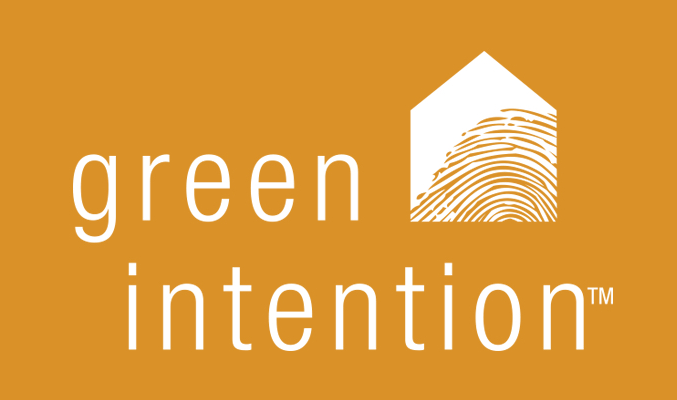The tips I have included for lowering energy and water usage in the home really only scratch the surface. They also only deal with today’s technology, which is changing very rapidly. So how to you keep up with the possibilities?
Local Resources
- For those concerned about public policy as it relates to energy, our local Fresh Energy organization is one of the best advocates and sources of information. They have an incredible team of people working to reduce fossil fuel dependence. www.fresh-energy.org.
- A great educational organization brings in local explorer Will Steger, who has witnessed firsthand the melting of glaciers and polar ice caps. Learn more about global climate change and the Will Steger Foundation at www.globalwarming101.com.
- The Minnesota Energy Challenge is a non-profit group that challenges individuals, businesses, and organizations to sign up for reducing their energy consumption: www.mnenergychallenge.org
National Resources
- To stay on top of what rebates and incentives are available, go to the Database of Incentives for Renewable Energy Incentives. Check out www.dsireusa.org.
- The US Department of Energy has many energy-saving tips and a wealth of information about where our energy comes from.
- The United States Green Building Council is the organization responsible for the introduction of LEED Certification for buildings (LEED = Leadership in Energy and Environmental Design). The LEED rating system focuses on Sustainable Sites, Water Efficiency, Energy & Atmosphere, Materials & Resources, and Indoor Environmental Quality.
Disclaimer: The information provided is my personal opinion based on my own experience and comes with no guarantees. Websites that are mentioned here are for informational purposes; there is no guarantee of accuracy or quality of third parties mentioned.
